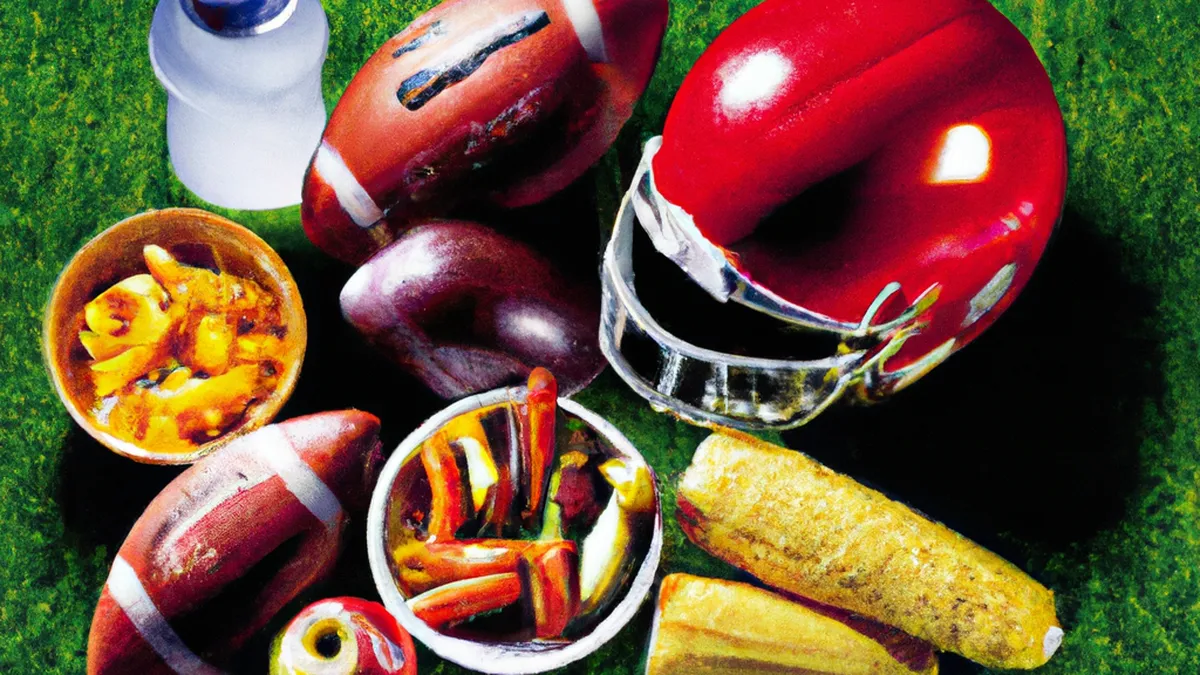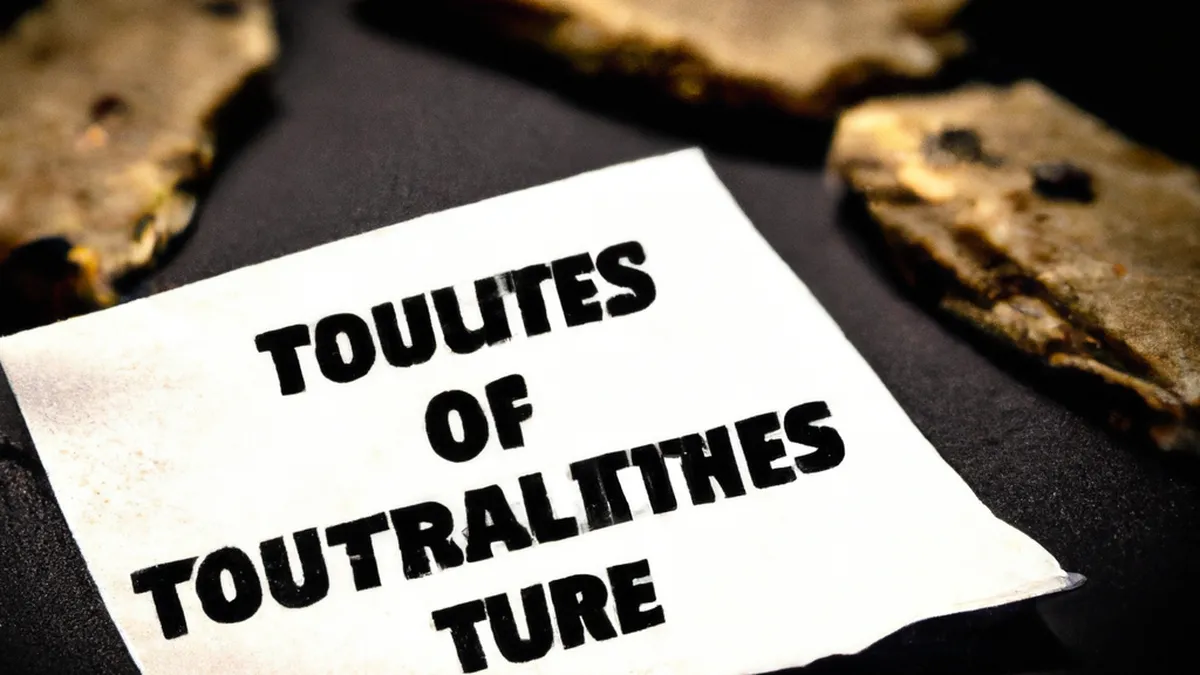Plant-Powered Foods for Long Runs
Vegan Diet for Endurance TrainingEndurance training challenges athletes’ bodies and minds. Many athletes seek ways to improve performance. A vegan diet supplies essential nutrients for stamina and recovery. This post explores how a plant-based diet enhances endurance training. Let’s examine the key components of a successful vegan endurance diet.
Essential Nutrients for Endurance Athletes
A well-planned vegan diet meets all nutritional needs. Some nutrients require special attention. Focus on these key nutrients:
Protein
Protein aids muscle repair and growth. While meat provides protein, many vegan options exist. Legumes, tofu, tempeh, and seitan deliver high-quality protein. Quinoa and amaranth are complete proteins, containing all essential amino acids.
Iron
Iron supports oxygen transport in the body. Athletes need more iron than sedentary individuals. Plant-based sources include lentils, chickpeas, and spinach. Pair these with vitamin C-rich foods like oranges or bell peppers to enhance absorption.
Omega-3 Fatty Acids
Omega-3s reduce inflammation and support heart health. Vegans can use flaxseeds, chia seeds, and walnuts for omega-3s. These sources provide alpha-linolenic acid (ALA), which the body converts to EPA and DHA.
Tips for Fueling Your Training
As an Amazon Associate I earn from qualifying purchases.
Gear tip: consider carb gels, protein bars, and sodium tablets to support this topic.
To maximize performance, fuel your body properly. Use these tips for a balanced vegan diet for endurance training:
Prioritize Whole Foods
Whole foods are nutrient-dense and provide sustained energy. Focus on fruits, vegetables, whole grains, nuts, and seeds. These foods offer vitamins, minerals, and antioxidants for recovery and health.
Stay Hydrated
Hydration is crucial during intense training. Water is essential, but consider electrolyte-rich drinks too. Coconut water or homemade sports drinks replenish lost electrolytes. Drink water before, during, and after workouts to prevent dehydration.
Plan Your Meals
Planning meals ahead ensures you meet nutritional needs. Incorporate various foods to avoid deficiencies. Meal prepping saves time and helps you stay on track. Include snacks rich in carbohydrates and protein for quick energy.
Advice for Endurance Athletes
Transitioning to a vegan diet may require adjustments. Use these tips to adapt smoothly:
Listen to Your Body
Each athlete has unique needs. Pay attention to how different foods affect you. If you feel fatigued or experience digestive issues, reassess your diet. Experiment with food combinations to find what works best.
Seek Professional Guidance
Consult a registered dietitian or nutritionist experienced in vegan diets. They can help create a personalized meal plan. This guidance prevents nutritional deficiencies and enhances performance.
Consider Supplements
While a vegan diet provides most nutrients, some may need supplementation. Vitamin B12 often lacks in plant-based diets. A B12 supplement helps maintain optimal energy levels. Consider vitamin D if you have limited sun exposure.
Benefits of a Vegan Diet for Endurance Training
Embracing a vegan diet offers several benefits for endurance athletes. Here are key advantages:
Improved Recovery
Plant-based diets are rich in antioxidants and anti-inflammatory compounds. These properties reduce muscle soreness and speed recovery. Eating colorful fruits and vegetables enhances overall well-being.
Enhanced Stamina
Many athletes report increased energy levels on a vegan diet. Whole foods provide sustained energy without the crash from processed foods. This boost improves performance during long training sessions or races.
Better Digestive Health
A vegan diet typically contains high fiber, promoting good digestive health. A healthy gut improves nutrient absorption and overall wellness. This improvement supports training and maintains optimal energy levels.
Conclusion
A vegan diet benefits endurance training significantly. With careful planning and attention to nutrients, you can fuel your body effectively. Prioritize whole foods, stay hydrated, and listen to your body. Consulting a professional can help navigate challenges. Embrace the journey and enjoy the benefits of a plant-based diet in your endurance training.
Below are related products based on this post:
FAQ
What nutrients should endurance athletes focus on in a vegan diet?
Endurance athletes should pay special attention to protein, iron, and omega-3 fatty acids. High-quality protein sources include legumes, tofu, tempeh, and quinoa. Iron can be found in lentils and spinach, while flaxseeds and walnuts provide essential omega-3s.
How can I ensure proper hydration during endurance training?
Staying hydrated is crucial during intense training sessions. While water is essential, consider incorporating electrolyte-rich drinks like coconut water or homemade sports drinks. It’s important to drink water before, during, and after workouts to prevent dehydration.
What should I do if I experience fatigue on a vegan diet?
If you feel fatigued or have digestive issues, it’s important to listen to your body and reassess your diet. Experiment with different food combinations to determine what works best for you. Consulting a registered dietitian can also provide personalized advice to prevent nutritional deficiencies.















Post Comment